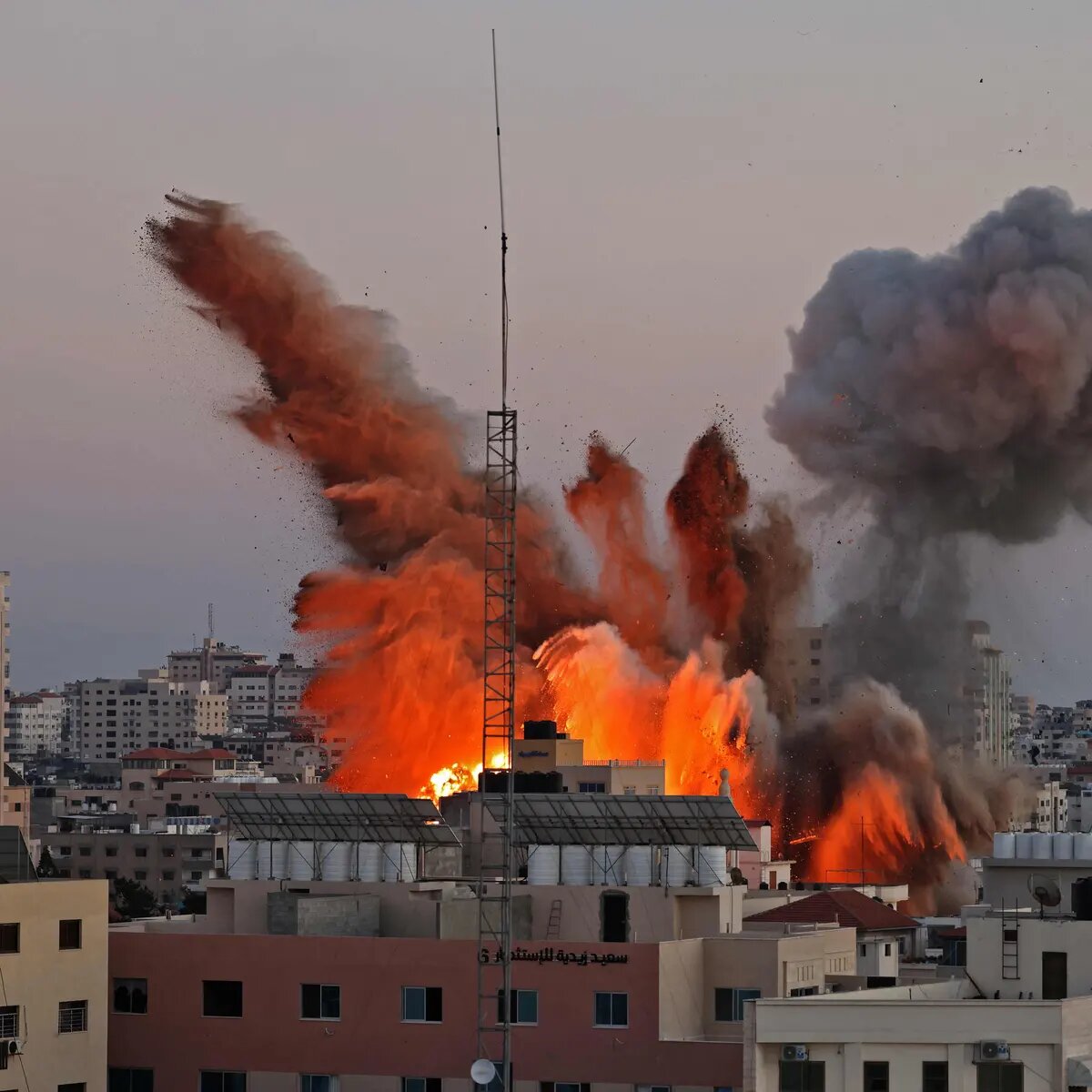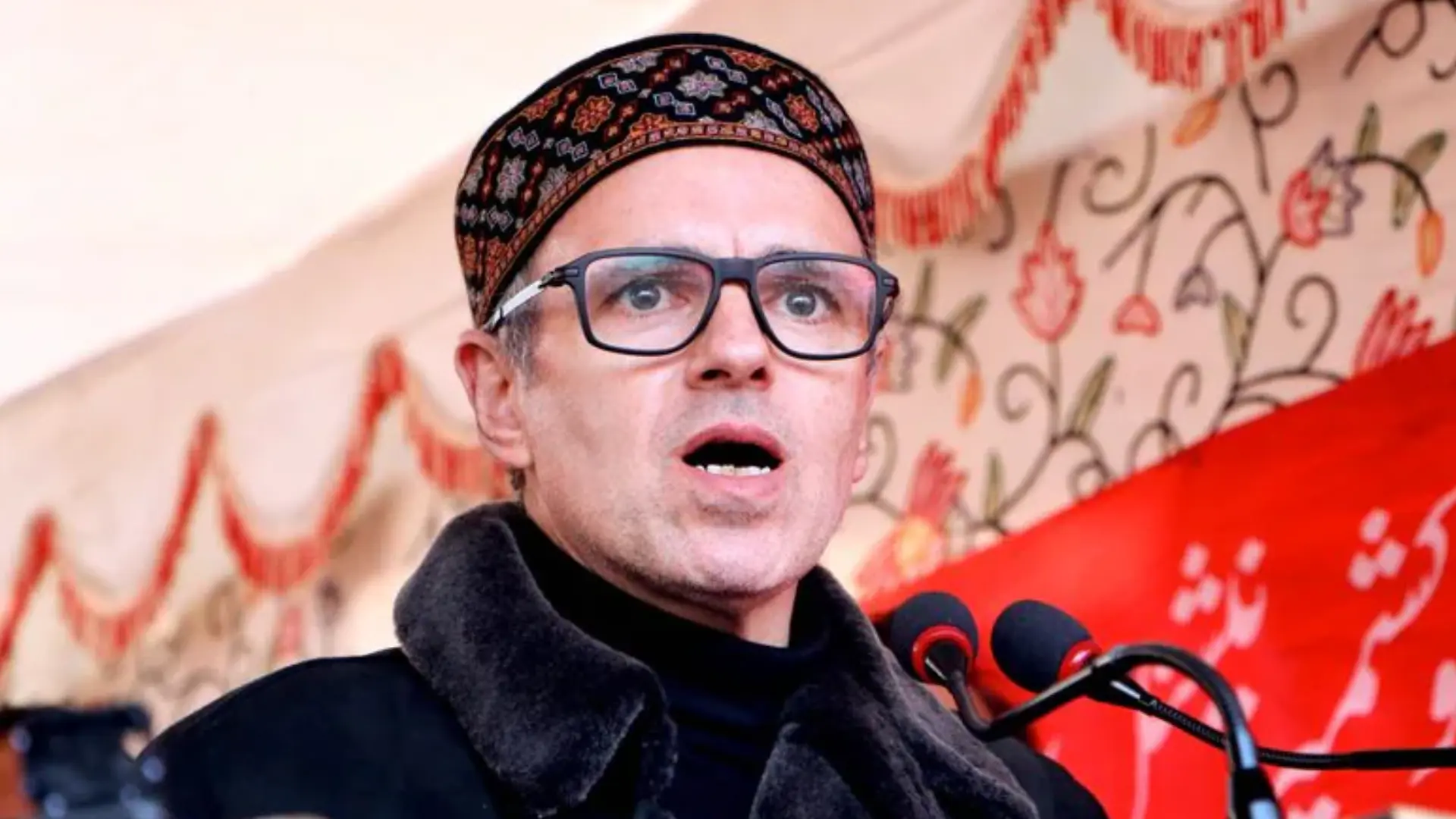Global crude oil prices experienced an upward surge on Monday as the Israel-Hamas conflict entered its third day, resulting in significant casualties on both sides. Brent crude, a key global benchmark, briefly rose by approximately 5%, albeit with some subsequent correction.
As of the time of this report, crude oil prices were trading at USD 87.61 per barrel, reflecting a 3.52% increase from the previous week’s closing price. Similarly, WTI crude stood at USD 85.96 per barrel, marking a 3% increase from earlier levels, though slightly below its intraday high of USD 87.23. These price fluctuations occur against the backdrop of global inflation concerns and prior supply disruptions caused by output cuts imposed by select oil-producing nations.
Reportedly, the ongoing conflict has resulted in at least 700 casualties in Israel and 300 on the Palestinian side. India’s Union Petroleum Minister, Hardeep Singh Puri, acknowledged the potential impact on the energy sector, highlighting the Middle East’s significance in global energy dynamics. He emphasized India’s commitment to sustainable and cleaner fuel options.
Ravindra V.Rao, Vice President-Head Commodity Research at EPAT, noted that oil prices had surged by more than 4% in early Asian trading due to the Israel-Hamas conflict, which has the potential to escalate tensions in the Middle East—a region responsible for approximately one-third of the world’s crude oil production.
Deepak Jasani, Head of Retail Research at HDFC Securities, highlighted that the market’s response would depend on whether the conflict spreads across the broader Middle East, with attention also shifting to Iran, a major oil producer and supporter of Hamas.
In a related development, OPEC was expected to release its annual World Oil Outlook, offering updated forecasts for long-term demand and supply dynamics.
For India, a significant importer of crude oil from various sources, the pressure on energy prices poses challenges for policymakers. The Reserve Bank of India (RBI) has expressed concern about rising inflation and its potential impact on economic growth. RBI Governor Shaktikanta Das identified high inflation as a major risk to macroeconomic stability and sustainable growth.
Since the Russia-Ukraine conflict erupted in February 2022, energy prices have steadily climbed. India, with its substantial consumer base, has procured substantial quantities of crude oil from Russia and other potential sources, emphasizing the importance of aligning oil imports with national interests.
Minister of Petroleum and Natural Gas Hardeep Singh Puri has consistently called on OPEC to consider the economic situation and encourage pragmatism, balance, and affordability in oil markets. He recently held discussions with OPEC Secretary-General Haitham Al-Ghais during the Abu Dhabi International Petroleum Exhibition and Conference (ADIPEC) in October 2023, advocating for the stability of global energy markets to ensure that crude oil prices remain within the means of consuming countries.
In summary, the cumulative effect of OPEC and OPEC+ supply reductions, amounting to nearly 5% of global oil demand since 2022, has contributed to a substantial increase in Brent prices, rising from around USD 72 per barrel in June to approximately USD 97 per barrel in September 2023. The Minister highlighted that these production cuts have significantly impacted global oil availability, resulting in a 34% rise in crude oil prices over the past three months.
Also Read: 700 Dead, Over 2000 Injured as Hamas Attacks Israel Continues for 3rd-day
Catch all the Latest Business News, Breaking News Events, and Latest News Updates on NewsX























